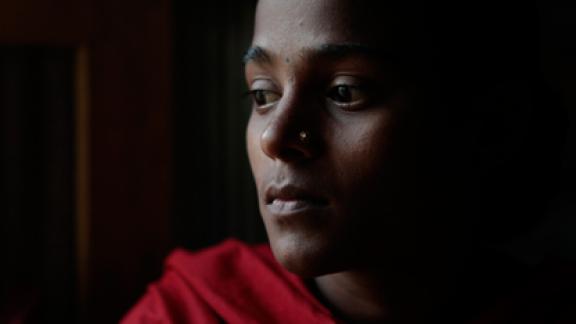Imagine this: You’re pregnant, living at home, expecting to give birth in a few weeks’ time with the assistance of staff at your local clinic. But then disaster strikes. It could be a typhoon, or a tsunami or conflict.
You flee and then find yourself in a makeshift camp where nothing is certain anymore.
Bad enough you’ve left everything you own behind. Bad enough you no longer feel safe – you can’t lock a tent door.
But you’re relying on people who you don’t know for food – and people you may not trust for security. And how will you give birth?
When you hear of populations dislodged, yout think of the immediate challenges of food and shelter. But what about contraception and neo-natal services? What about the dangers of sexual violence that women and girls in particular face?
This is why IPPF’s humanitarian arm SPRINT was founded: to ensure access to essential Sexual and Reproductive Health and Rights services for women, men and children in times of crisis.
In Syria 46,500 women will suffer gender based violence, including rape, as a result of the ongoing conflict.
This shows a great need to ensure that the human rights of women and girls are protected and able to access sexual and reproductive healthcare.
The Syrian Family Planning Association is in the front line when it comes to dealing with domestic-based violence – the less-reported consequence of every war. The kind of violence facing one of our clients, Amal.
Amal had bruises on her face and was in a fragile state when she was admitted to the Al-Halbouni Health clinic. She had been severely beaten by her husband.
The SFPA is committed to involving men to find lasting solutions to issues of gender based violence. Thanks to the integrated package of support services provided by Al- Halbouni clinic to her and her husband, Amal now feels safer. “I feel more aware of my rights, and I know how to find help when I need it,” she said.
Women and girls are disproportionately influenced by humanitarian crises exposed to early marriage, trafficking, rape, forced pregnancies, unattended service delivery during complicated pregnancies and delivery.
The statistics are shocking:
- 26 million of the 100 million people are in need of humanitarian assistance, are women and adolescent girls of reproductive age
- 500 of these women and girls die every day from complications related to pregnancy and childbirths
- 85 % of those displaced by the 2010 floods were women and children
- More than 75% of Syrian refugees who fled are women and children
- Women and girls are 14 times more likely to die in disaster settings than men
- 7 out of 10 women are exposed to gender-based violence in crises situations unfolding right now.
These deaths and violence are preventable. We could stop it by putting money and efforts into an integrated comprehensive package on reproductive health into the standard humanitarian response. Progress in targeting women and girls has been achieved in the past decade. But sexual and reproductive health services are often neglected in humanitarian emergencies and still remain a less universally acknowledged priority.
Over the last 10 years, IPPF has reached millions of people during floods, conflicts, earthquakes, cyclones. When health care often collapsed, our Member Associations continued to serve the unreachable, which make three quarters of IPPF clients.
All IPPF approaches are bottom-up, that means we build local capacity before, during and after crisis strikes – often engaging young people during humanitarian crisis as peer-peer educators and providers.
The good news is the guidelines are developed. We know what needs to be done. What we need now is action from many different stakeholders.
when
Blog Series
Emergency Rescue
Subject
Contraception, HIV and STIs, Gender equality, Maternal Healthcare, Gynaecological, Emergencies









